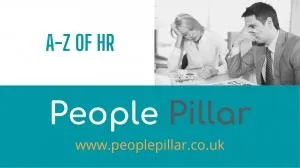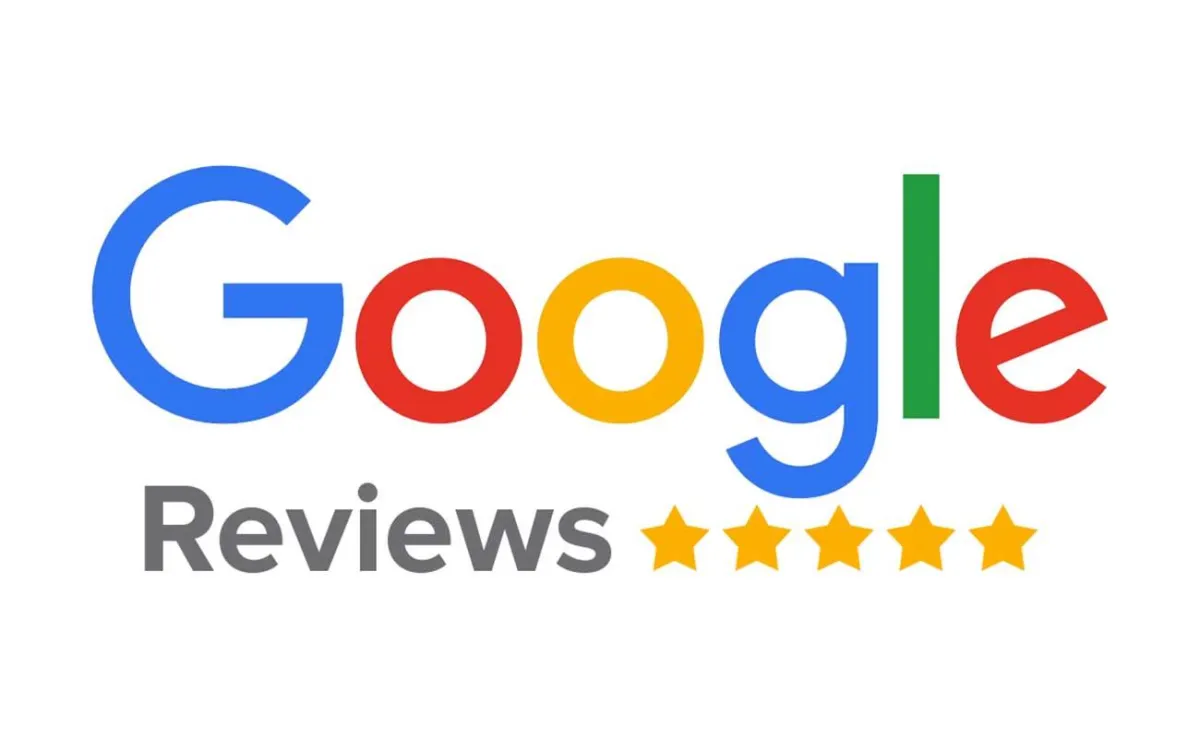Blog

D is for...
The D category is full of big hitters – Disciplinary, Dismissal, Dignity at Work, Difficult Conversations and Drugs and Alcohol. Eeeek!!
Disciplinary
I mentioned under ‘A’ about the ACAS codes of practice and given disciplinary is one of those codes, it is a key one in the employment relationship. Setting out what the expectations are for a fair process, it needs to be followed as failing to follow an ACAS code will go against you if a case ever gets to a tribunal.
In most cases, issues can be dealt with informally by having a quiet word and an instruction not to be naughty again. However, when the issue is too serious or the employee fails to sort themselves out then you will need to look at disciplinary proceedings.
Over the years it has never ceased to amaze me some of the stupid things people do at work because they either don’t think or think they can get away with it such as looking at porn on their work computer to fiddling their time sheets to stealing fuel from a company vehicle (there have been a lot more examples which can’t be mentioned!!)
It might also be as simple as where someone is constantly late for work without a valid reason. This leads to the best quote ever in the last four months from a manager experiencing poor timekeeping from an employee “But he is still late for work even when he is working from home!!” Brilliant.
Believe it or not the disciplinary process is there to try and correct behaviour so it is not repeated rather than as a punishment.
There is a lot more I could go into about the disciplinary process but as a minimum you just need to think ‘Am I acting as a reasonable employer?’ Am I following the ACAS code where the basic requirements are
giving notice of the meeting
providing evidence in advance
putting clear allegations in the invitation letter
making sure the employee is aware that they have a right to be accompanied in the disciplinary meeting
informing them of their right to appeal your decision.
If you follow this as a rule of thumb, you should be OK.
If you would like some more information about the disciplinary process, then have a look at my HR Toolkits.
Dignity at Work
I personally think this is an important one because how you deal with Dignity at Work shapes the type of culture you have in your organisation.
Dignity at work is the principle of maintaining a healthy, safe and enjoyable place to go about employment. It can only be achieved once each of these points is met:
The office is free from bullying, harassment and victimisation
All staff are considerate of each other and treat each other with respect
Unlawful discrimination in any form is never experienced
All employees skills and abilities are valued and championed
As an employer you may think that this is common sense and doesn’t need spelling out to employees but unfortunately it does.
Employers are legally required to handle bullying and harassment in the workplace. Under the Health and Safety at Work Act, employers have a legal duty to safeguard the health, safety and welfare of their employees. This duty will include protecting employees against bullying and harassment at work.
Even more scary is that you can be vicariously liable for the harassing behaviour of your employees that is carried out in the course of their employment (especially if you tolerate behaviour that may have the effect of belittling another person). Examples of this behaviour includes: bullying, harassment, derogatory comments, uninvited physical contact and any other act which creates an intimidating work environment. Employees must be able to carry out their work duties without fear of any unfair treatment.
Unfortunately this type of behaviour does go unchallenged or people make excuses for it such as ‘oh that’s just Bob. He’s always been like that. He doesn’t mean anything by it’ (apologies to any Bob’s out there).
But Bob’s behaviour can have a huge impact on the culture of your company, employee turnover, employee morale, sickness absence and can also get you in hot water as an employer at an Employment Tribunal.
Therefore, don’t ignore Bob (give me a shout if you would like to talk through having that conversation with him).
Drugs and Alcohol
Lockdown has put employees under a tremendous amount of stress so this might be a bigger issue than you think.
If you suspected one of your employees had a problem with drugs or alcohol what would you do? You might choose to ignore it as they are still doing their job ok (and they probably just had a heavy session the night before – right?) or your automatic reaction might be to want to dismiss them.
How you react might be linked to the role that they do/industry you are in or even your own personal experience.
The misuse of drugs and alcohol can therefore be a serious workplace issue. Not only can their use lead to significant health problems but anyone under the influence of drugs or alcohol can be a hazard to themselves and others including their colleagues, customers and the public. As an employer you have a duty to ensure your employees' health, safety and welfare at work. This means as the employer you would be committing an offence to knowingly allow an employee to work whilst under the influence of alcohol or drugs where it poses a threat to the health and safety of that employee or other people. To knowingly allow controlled drugs to be illegally made, supplied or used on your premises is also an offence.
So what should you do?
You may want to consider a Drugs and Alcohol Policy particularly in businesses where there is a high level of health and safety requirements for example construction.
The strictness of the policy and how it is put into practice will vary depending on your industry.
A good policy should offer advice for workers who may have a problem, but also clearly explain any possible disciplinary actions. It should encourage workers to seek help and guide workers to such sources. The policy should apply to all workers, although certain elements, e.g. testing of those doing safety critical jobs, may only apply to some workers.
If you would like any more information on the 3 D’s above let me know or if you have a question on the ones I didn’t cover
Dismissal and Difficult Conversations
If you find this article useful, consider sharing it with others
Happy Customers

Say hello

©2021 - 2024 People Pillar HR | Privacy Policy

